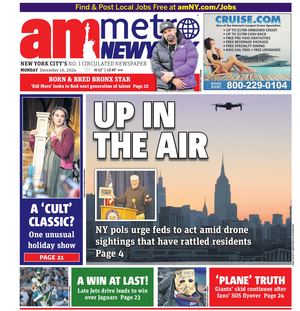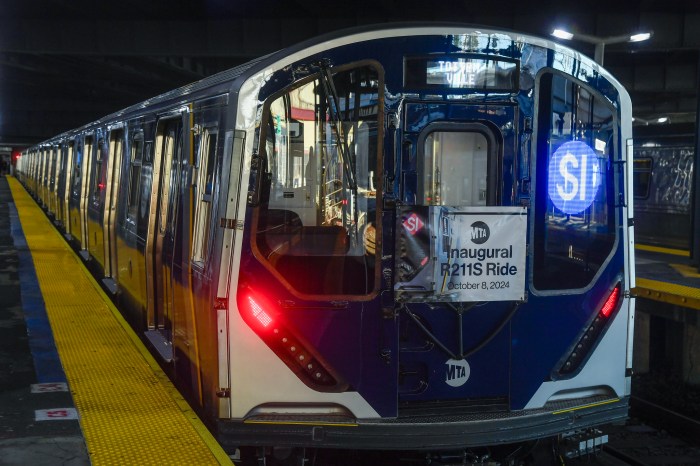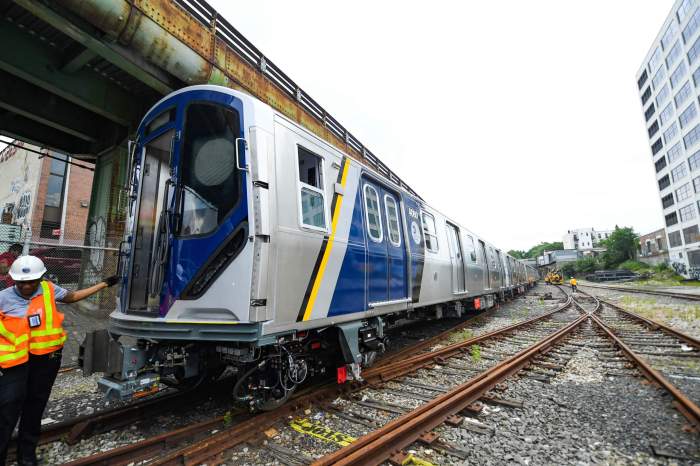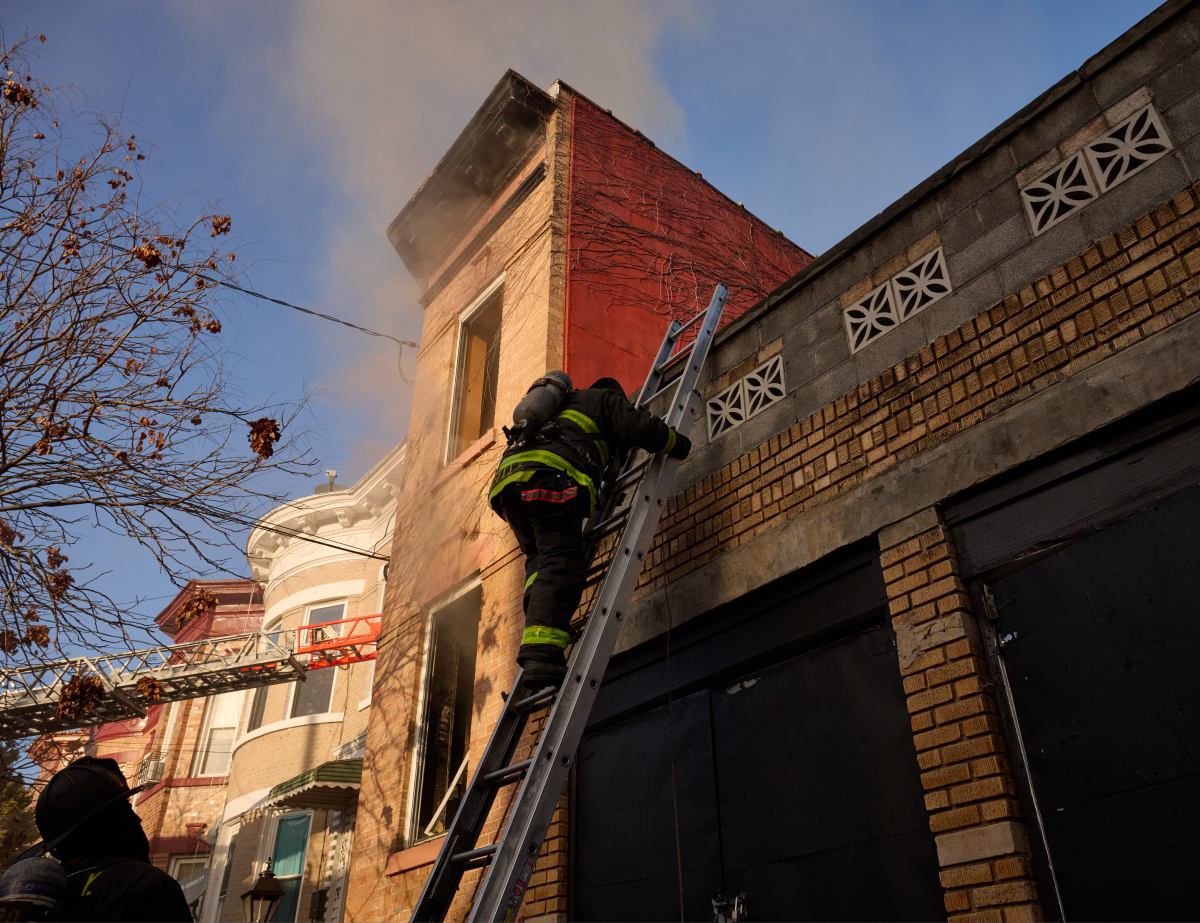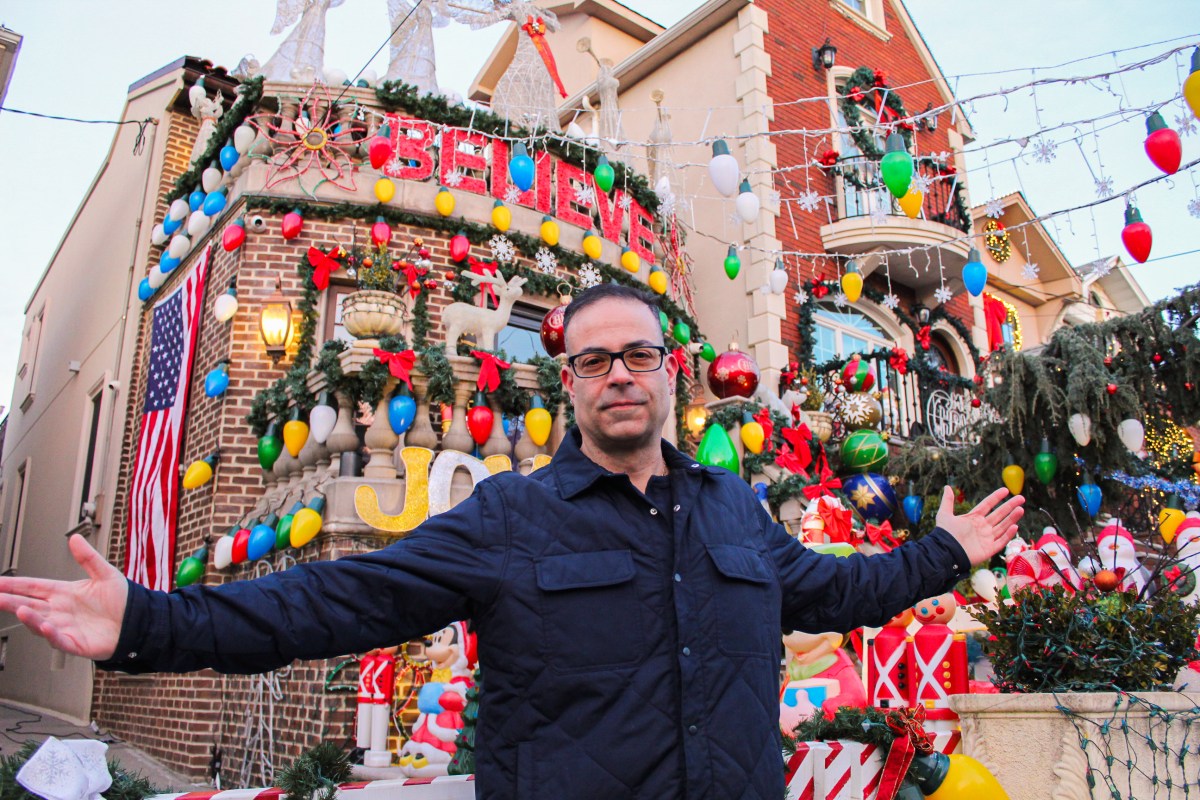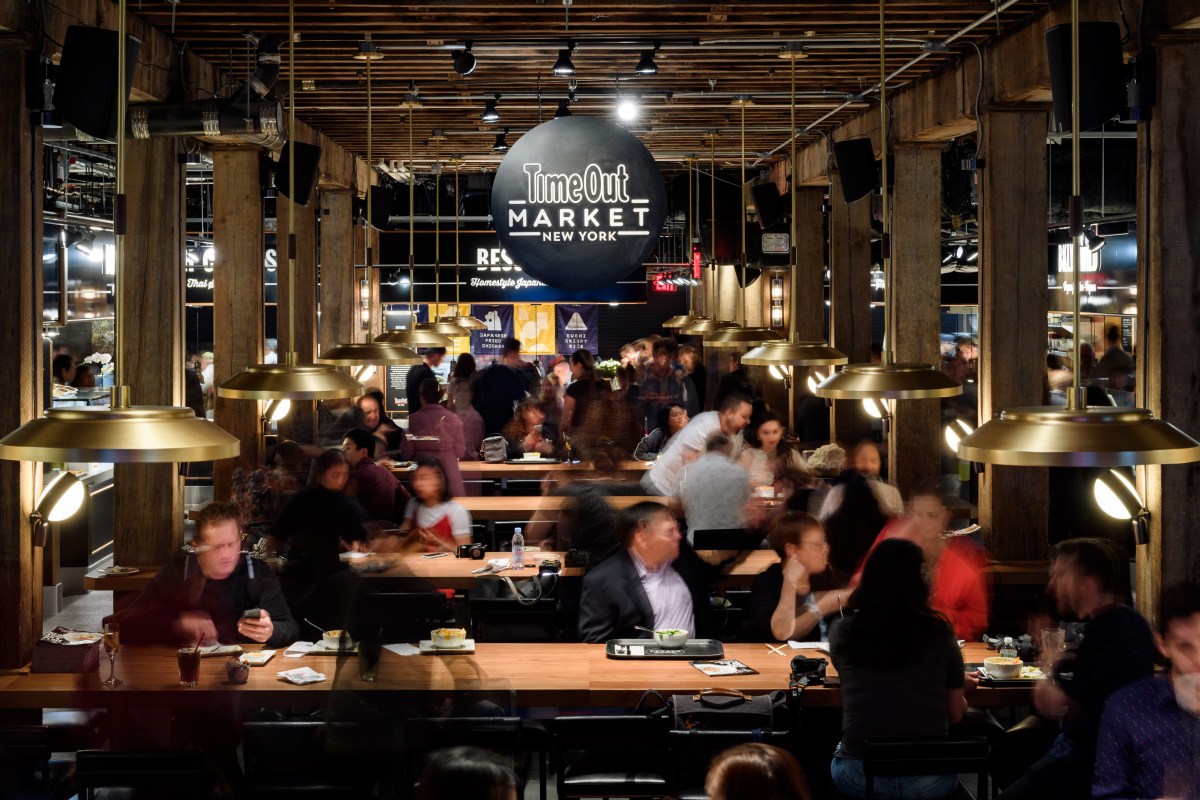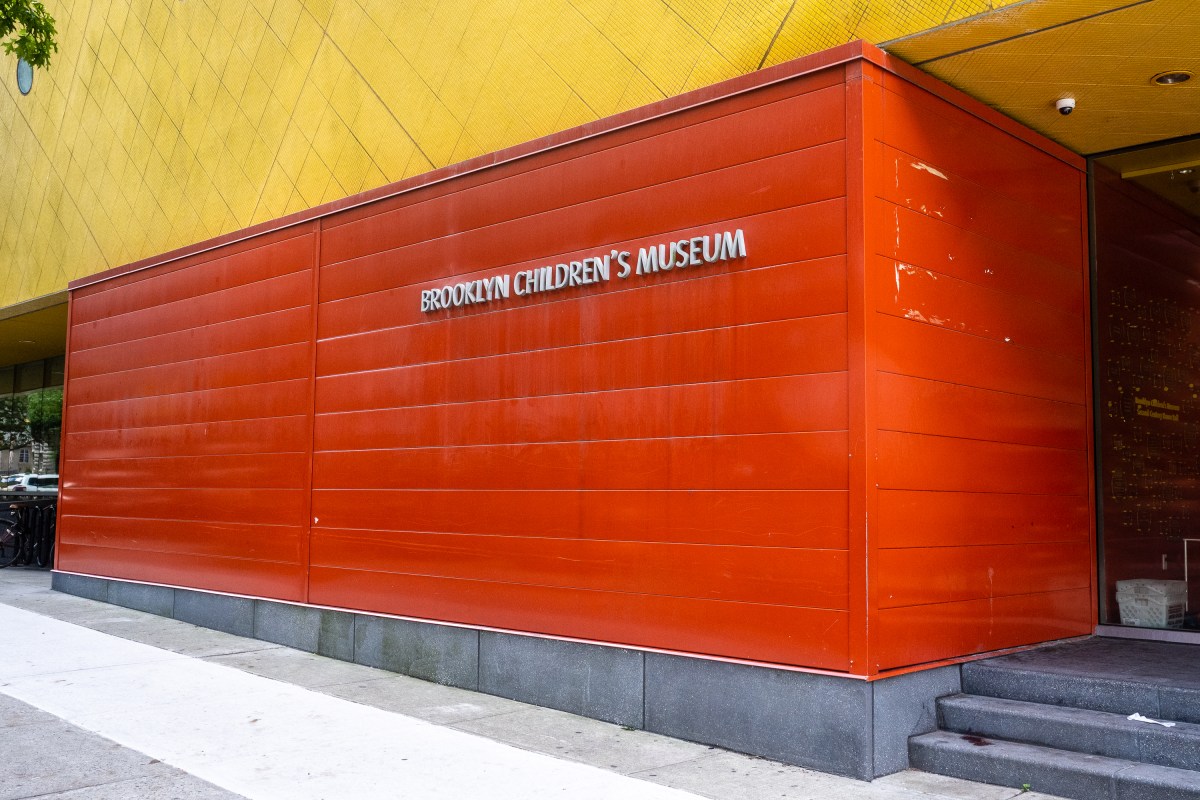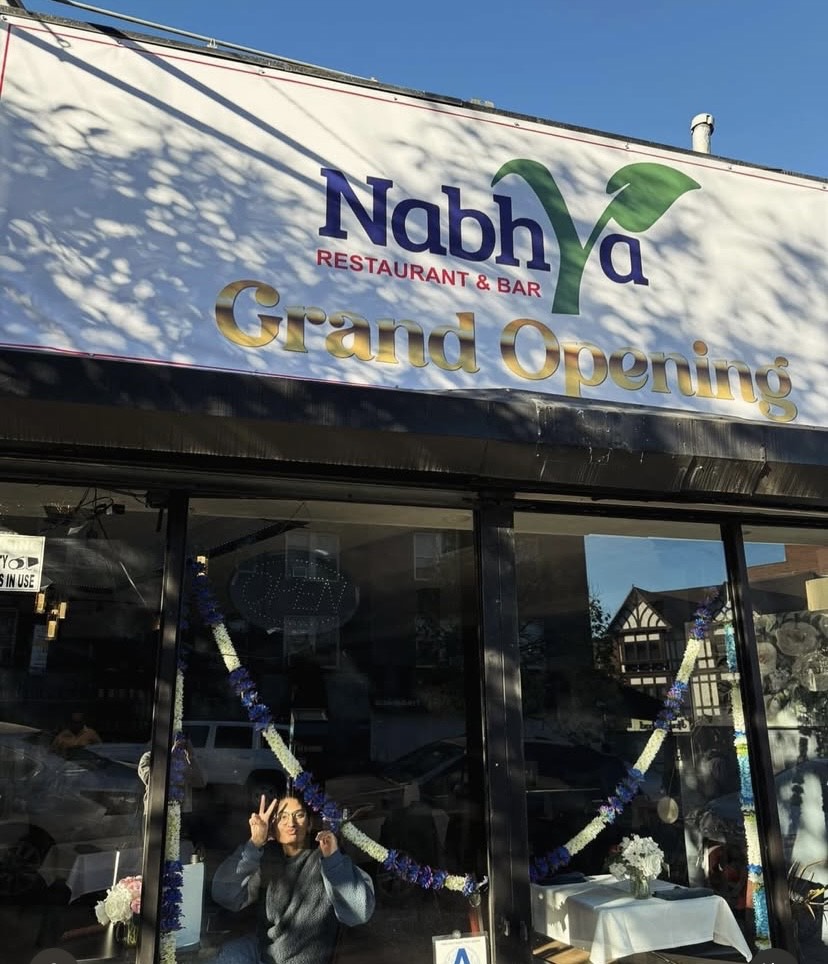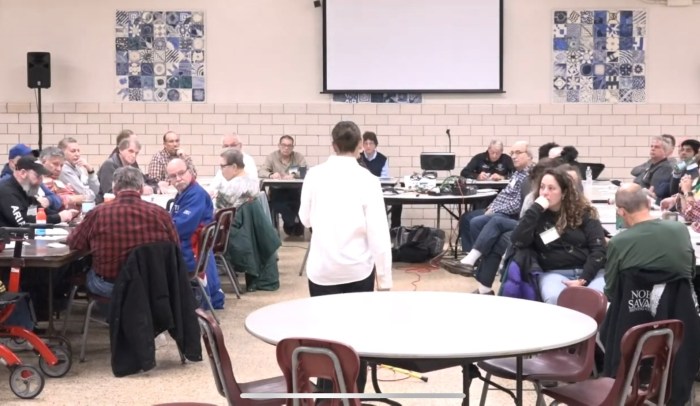The MTA said at its monthly Capital Program Committee meeting on Monday that more NYC subways will become ADA-compliant this year thanks to the impending activation of congestion pricing.
ADA accessibility packages are planned this year at four stations in NYC, including Parsons Boulevard on the F line, Briarwood on the E and F line, Gates Avenue on the J and Z line and 42nd Street-Bryant Park. This month, the MTA will begin procurements for the projects.
In addition to the four stations, congestion pricing will fund 19 additional stations around the city.
MTA leaders said that the 42nd Street-Bryant Park station in Midtown will be an especially “significant” project this year. The agency is redesigning passageways and platforms, adding elevators and expanding stairways to create a more accessible station.
“Bringing system-wide accessibility to our subways is a core goal of the MTA,” NYC Transit President Demetrius Crichlow said. “More accessibility in the system provides connections to customers who historically have been unable to fully benefit from our transit system.”
The agency said 13 subway and railroad stations were made accessible so far this year, including Queensboro Plaza on the N, W and 7 lines in Long Island City, which opened on Dec. 12.
The MTA reported that 145 NYC train stations are now accessible, with 36 more currently under construction to be accessible for New Yorkers.
Chrichlow said the MTA also delivered “historic” elevator performance in October and November. The MTA’s fleet of 326 elevators was functioning properly 98% of the time during those two months.
“This is the best elevator availability in over a decade,” he said.
However, some disabled New Yorkers said more needs to be done.
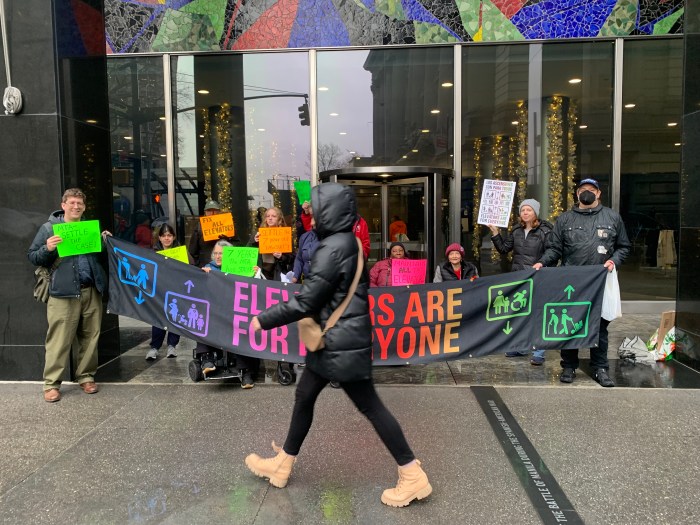
Evan Yankey, advocacy director of the Brooklyn Center for the Independence of the Disabled, said it is important to implement ADA projects as quickly as possible now that congestion pricing has returned.
“Riders with disabilities in the transit system depend on being able to use the system,” he said. “We’ve spent nearly half a year on these projects in limbo.”
Jean Ryan, president of Disabled in Action, was protesting with fellow group members outside the MTA’s headquarters during Monday’s committee meeting. She not only advocated for better accessibility in the transit system, but better design or comfort for the vehicles used in Access-A-Ride, the MTA’s rideshare program for New Yorkers with disabilities.
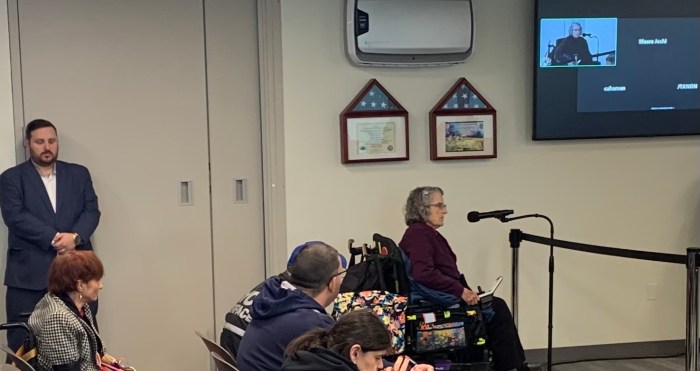
“People like me and other people too who have spinal injuries, we can’t ride in those big buses because they kill us,” she said. “They make us more injured that we already are.”
